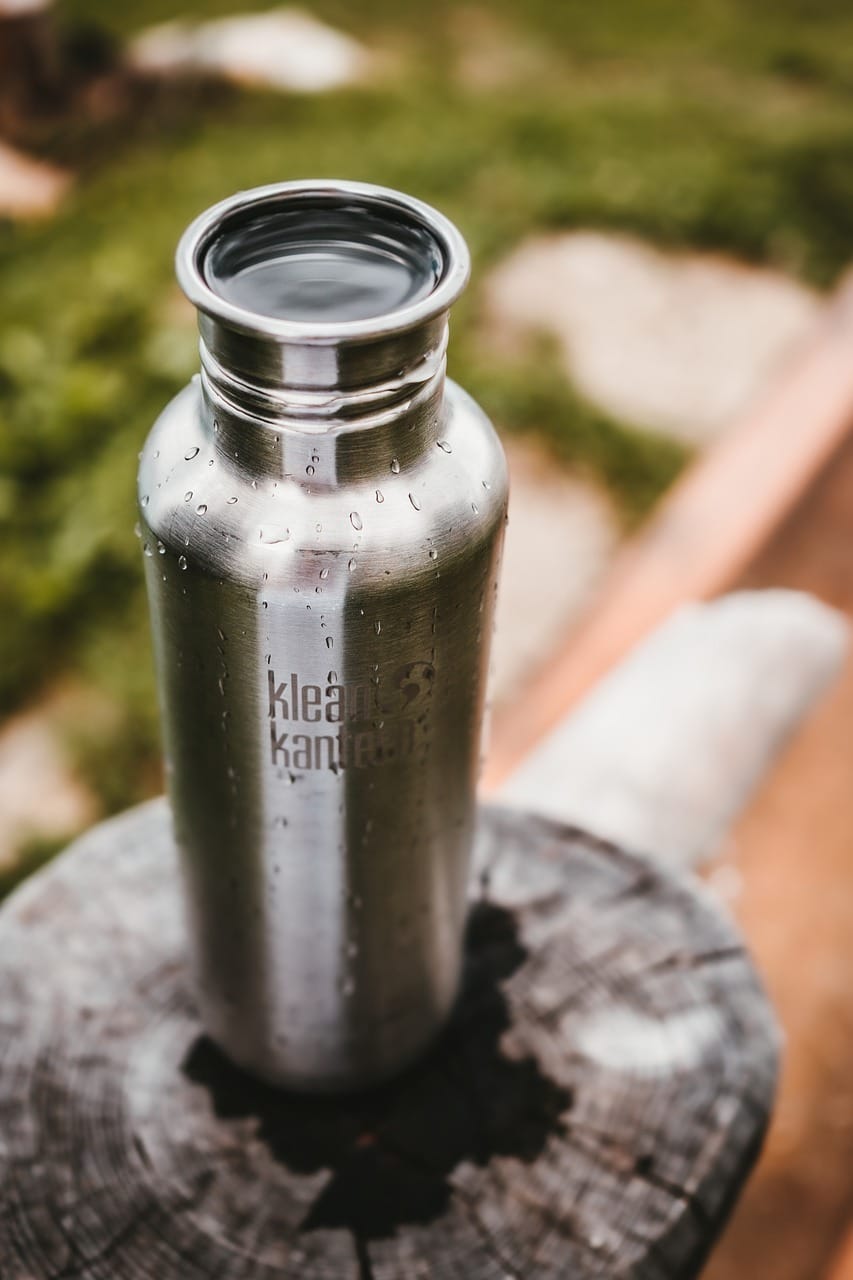
Dehydration is a common challenge during safari adventures, particularly in hot climates like Tanzania. Whether you’re exploring the Serengeti or trekking through Tarangire, staying hydrated is crucial for your comfort, health, and enjoyment. Here’s a guide to help you avoid dehydration while on safari.
1. Drink Plenty of Water
Consuming adequate water is the most effective way to prevent dehydration.
- Daily Intake: Aim for at least 2-3 liters of water per day, depending on your activity level and the temperature.
- Hydration Reminder: Use a timer or app to remind yourself to drink regularly.
- Carry a Reusable Bottle: Opt for an insulated bottle to keep your water cool throughout the day.
2. Supplement with Electrolytes
In addition to water, your body loses essential electrolytes like sodium and potassium through sweat.
- Electrolyte Options:
- Oral rehydration salts.
- Electrolyte tablets or powders.
- Natural sources like coconut water or fruit juices.
- When to Use: Include electrolytes during and after periods of high physical activity or intense heat exposure.
3. Dress for the Heat
Your clothing can impact your hydration levels by regulating your body temperature.
- Choose Light Fabrics: Wear breathable and moisture-wicking materials like cotton or linen.
- Opt for Light Colors: Reflect heat instead of absorbing it.
- Wear a Hat: A wide-brimmed hat can shield you from direct sunlight, keeping you cooler.
4. Avoid Diuretics
Certain drinks can increase urination, leading to dehydration.
- What to Limit:
- Caffeinated beverages like coffee or energy drinks.
- Alcoholic drinks, which accelerate fluid loss.
- Alternatives: Stick to water, herbal teas, or natural fruit juices.
5. Eat Hydrating Foods
Incorporating water-rich foods into your meals helps supplement your fluid intake.
- Fruits: Watermelon, oranges, grapes, and cucumbers are excellent choices.
- Vegetables: Include lettuce, celery, and zucchini in your meals or snacks.
- Soups and Broths: These can be particularly helpful during cooler safari evenings.
6. Stay Shaded and Cool
Minimizing your exposure to direct sunlight can help prevent excessive fluid loss.
- Find Shelter: Rest under trees or shaded areas during breaks.
- Schedule Activities Wisely: Engage in intense activities during cooler morning or evening hours.
- Use Cooling Accessories: Consider cooling towels or neck wraps for added relief.
7. Monitor Your Hydration Levels
Being aware of early dehydration signs can help you address it promptly.
- Symptoms to Watch For:
- Dry mouth or excessive thirst.
- Dark yellow urine.
- Fatigue, dizziness, or headaches.
- Quick Fix: Drink water immediately and rest in a shaded area if you notice these symptoms.
8. Travel with a Reliable Tour Operator
A reputable safari company ensures your hydration needs are met.
- Why It Matters:
- Guides often provide water and electrolyte solutions during tours.
- Vehicles are stocked with coolers for easy access to drinks.
- Future African Safari Advantage: With us, your hydration needs are a top priority. We provide ample water supplies and ensure stops for refreshment along your journey.
9. Prepare Before Your Trip
Start hydrating well before your safari begins.
- Pre-Safari Hydration Tips:
- Increase water intake a few days prior to your trip.
- Avoid alcohol and caffeine to prevent dehydration beforehand.
- Pack your hydration gear, such as water bottles, electrolyte tablets, and a hydration pack.
10. Enjoy Your Safari Safely
By staying mindful of your hydration, you can focus on what truly matters—soaking in Tanzania’s stunning landscapes and diverse wildlife.
Stay refreshed and energized with Future African Safari as your trusted guide. With expert planning and attention to detail, we ensure your safari experience is as comfortable and enjoyable as possible.

